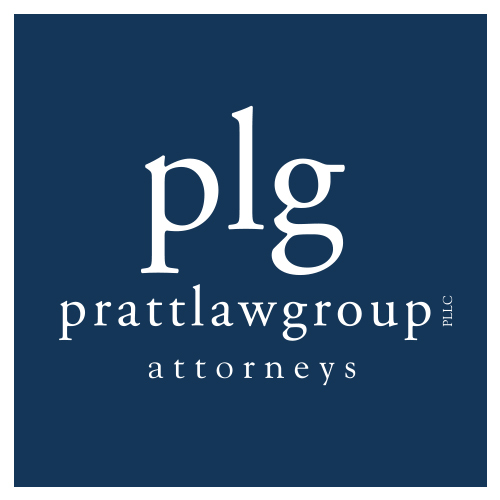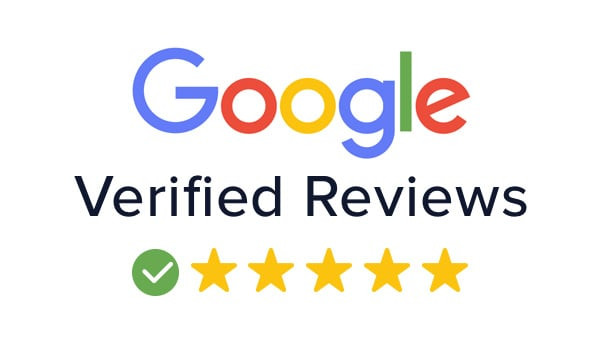As a small business owner, you have invested large amounts of time and money to make your business a success. Business insurance protects this investment in the event of unexpected damage to property or lawsuits, which could otherwise be devastating to your business. There are many types of insurance available depending upon the nature of your business.
Worker’s compensation insurance is required by state law for most employers. It covers the medical expenses and part of the wages of employees who suffer a work-related injury. There could be fines or even criminal penalties if your business does not purchase the required amount of coverage.
General liability insurance is a broad type of insurance that protects small business owners, their businesses, and their employees if a third party is injured by the business’s property, products, or services. It generally covers losses stemming from bodily injury, property damage, medical expenses, advertising injuries such as libel, slander, or misappropriation, and expenses from lawsuits. Additional coverage is usually available, depending upon the particular needs of your business.
Property insurance protects against loss of or damage to the business’s inventory, equipment, office space, and other business property in the event of fire, vandalism, theft, and some weather-related damage. Even if your business is home-based, this type of coverage is important, as homeowner’s insurance may not cover business losses. Additional coverage should be acquired if your business is located in a region prone to natural disasters, as the typical property insurance policy will not cover those types of events.
Professional liability insurance, also known as errors and omissions or malpractice insurance, protects your business against costs from lawsuits resulting from errors, malpractice, or negligence and is usually obtained by professional service providers such as doctors, lawyers, or architects.
Product liability insurance protects businesses that manufacture, design, distribute, and sell products against losses stemming from a defective product that causes harm or injury. If a customer sues you after being injured by a defective product, the insurance will cover a damage award to the customer and other costs of defending the lawsuit.
Employment practices liability insurance protects your business against costs from lawsuits for employment discrimination or wrongful termination claims brought by your employees. This type of insurance can be especially important for smaller businesses that do not have human resources or legal personnel.
Key person insurance protects a business against the lost business income that can result if the business owner or a key manager or employee becomes disabled or dies. The proceeds of the insurance can be used to keep the business afloat during the transition to a replacement, as well as to hire and train the replacement, pay employees, or implement other measures to compensate for the loss.
We Can Help
The types of business insurance discussed above, among others, can provide essential protection for your business. Failing to obtain the insurance your business needs could ultimately be much more expensive than the cost of the policies. However, determining which types of insurance your business needs can be a bit confusing. Give us a call today at (972) 712-1515 to schedule your consultation so we can advise you about the best way to protect your business!
Why Singles Should Worry about Estate Planning
Why Singles Should Worry about Estate Plannings -What To Know Several Reasons Single People Still Need To Be Concerned With Estate Planning When you’re putting together an estate plan, you often choose your spouse ...
Warning: Don’t Let Creditors Inherit from You or Your Spouse
Don't Let Creditors Steal From Your Loved Ones - What To Know How To Ensure Your Spouse Receives Your Retirement Accounts and Not Creditors In most cases, spouses will inherit any of your ...
Can a Beneficiary Also Be a Trustee of a Trust?
Can a Beneficiary Also Be a Trustee of a Trust? -What To Know Many people, creating a revocable living trust, designate their children as the beneficiaries. But, they need to choose a person ...






